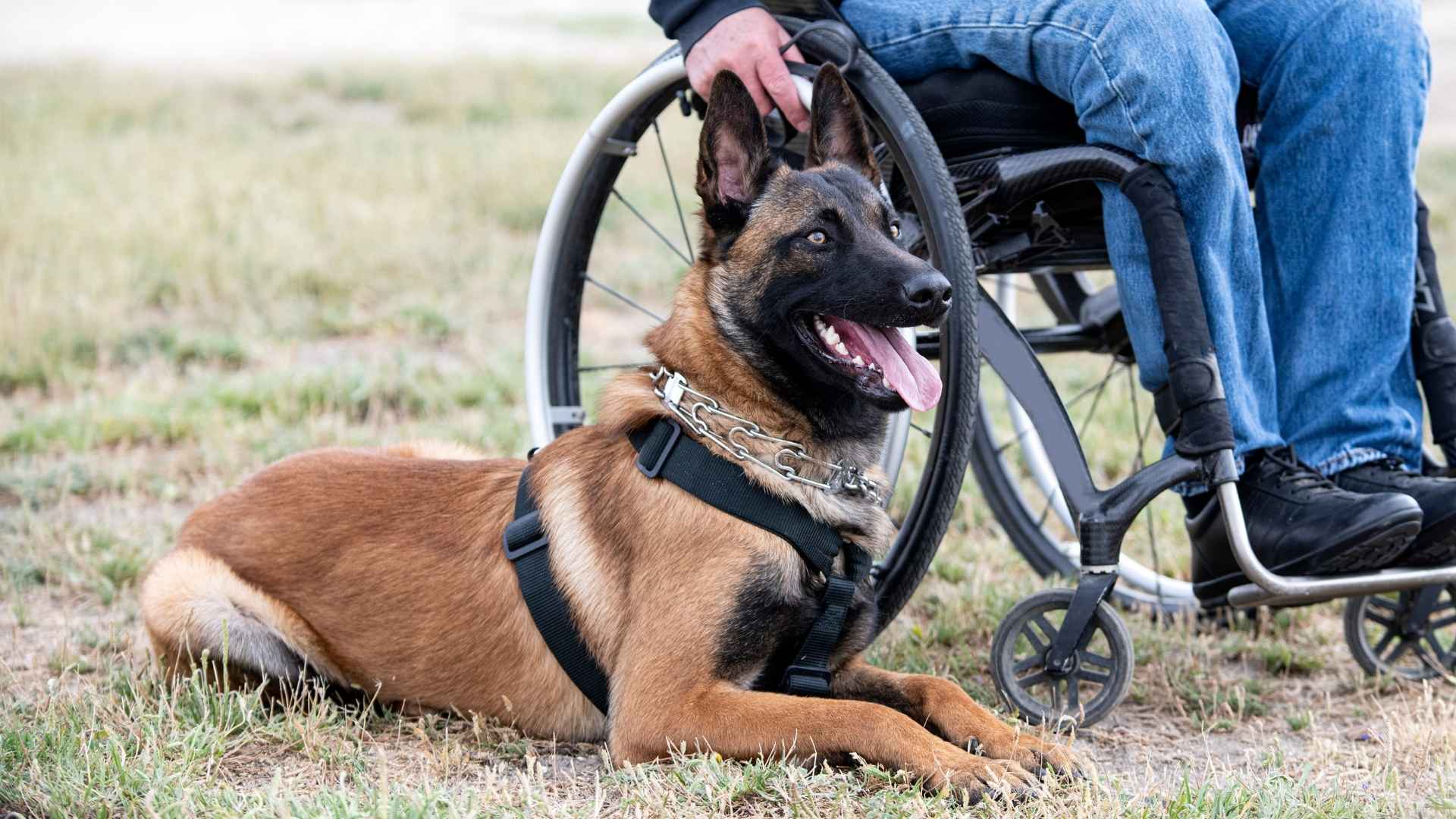Some disabilities don’t give warnings. They strike fast, requiring even faster responses. That’s where hyperactive service superstars shine brightest!
These special dogs pack their endless energy into quick reactions that can mean the difference between safety and danger. Their always-moving minds spot changes others might miss—a small shake before a seizure, a tiny smell change before a blood sugar drop, or dangers that pop up in a flash.
Good service dogs can come in all shapes and sizes. And she’s right! What looks like non-stop wiggling to some is actually a superpower: the ability to stay alert all the time without getting tired.
For people who need someone watching over them 24/7, we’ll introduce you to seven breeds that turn their can’t-sit-still energy into life-changing work.
Hyperactive Service Dog Breeds
1. Collie
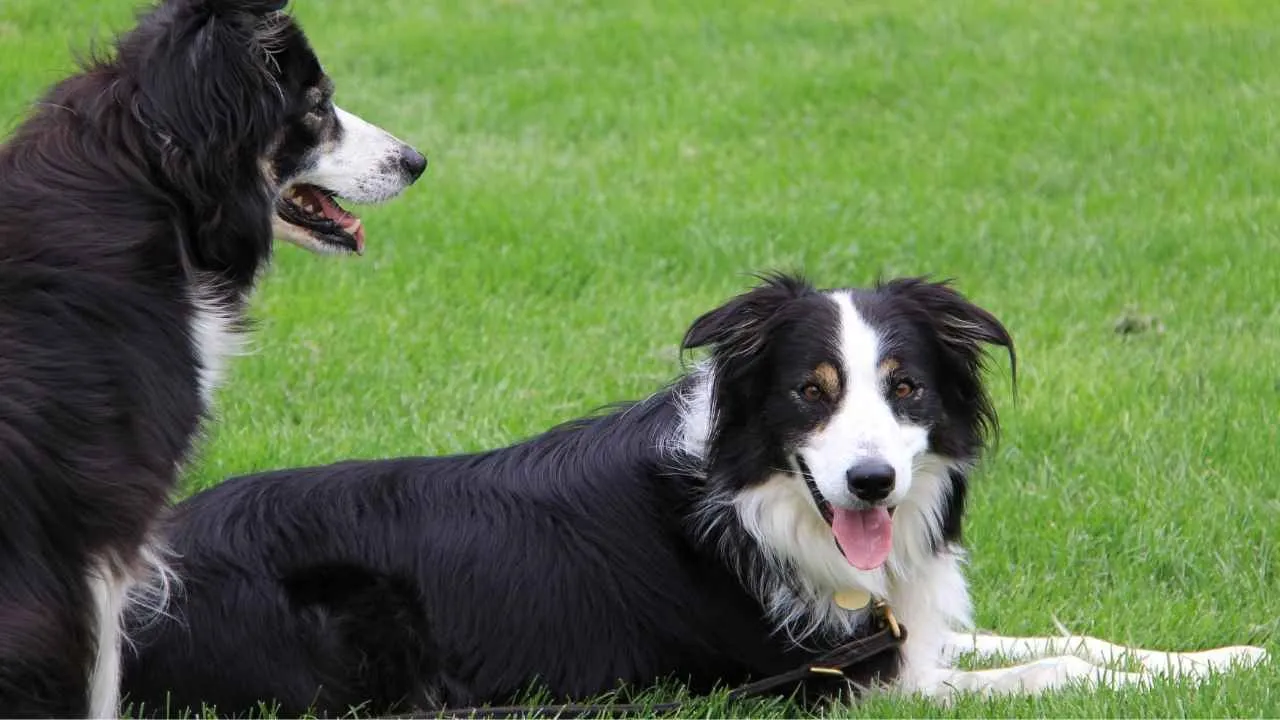
The Collie, beloved for its intelligence, grace, and loyalty, has been capturing hearts for centuries. First popularized by Queen Victoria in the 1860s, Collies were originally herding dogs in the rugged landscapes of Scotland and England. Today, they’re cherished family pets known for their sweet nature and remarkable trainability.
Work Hard, Love Hard
Collies are among the smartest dogs on the planet. As per the insights of Purina, with boundless energy and incredible agility, they need daily mental and physical stimulation.
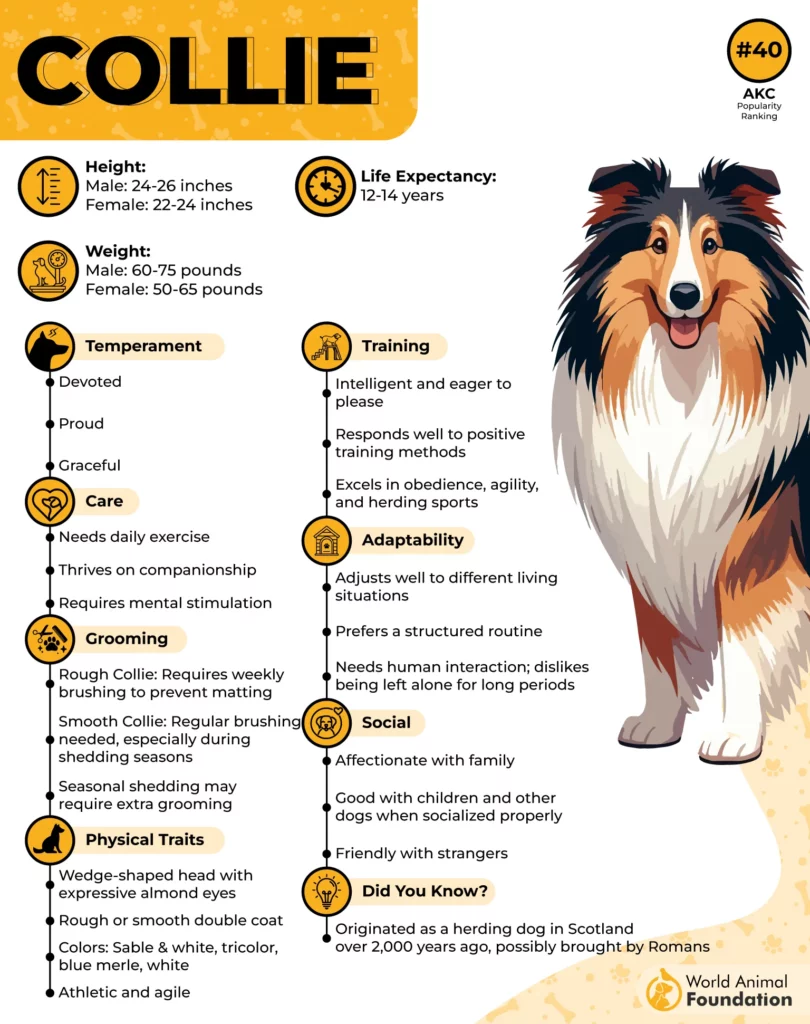
These dogs truly shine when given specific tasks, from herding and puzzle-solving to mastering advanced tricks. Without enough engagement, they may channel their energy in destructive ways, especially in smaller or quieter households.
Born to Serve
Collies are also deeply empathetic and intuitive, which makes them one of the top choices for service animals. Their calm, patient temperament and high intelligence mean they can be trained for a range of jobs.
Whether it’s assisting someone with physical challenges or acting as a psychiatric service dog for individuals with PTSD, Collies are capable of providing life-changing support. They’ve even been trained to detect seizures before they occur.
Just note—their thick double coat, particularly in rough-coated Collies, needs consistent grooming, which could pose challenges for some handlers.
2. Labrador Retriever

The Labrador Retriever is one of America’s sweethearts, and it’s easy to see why. Friendly, energetic, and highly trainable, Labs make ideal companions for families, individuals, and even professionals seeking a dependable working canine. These medium- to large-breed sporting dogs were originally bred for retrieving, which makes them both athletic and eager to please.
Start Strong with Smart Training
Labrador Retriever puppies are full of energy and curiosity. Early socialization and obedience training are essential for shaping their natural enthusiasm into well-mannered behavior.
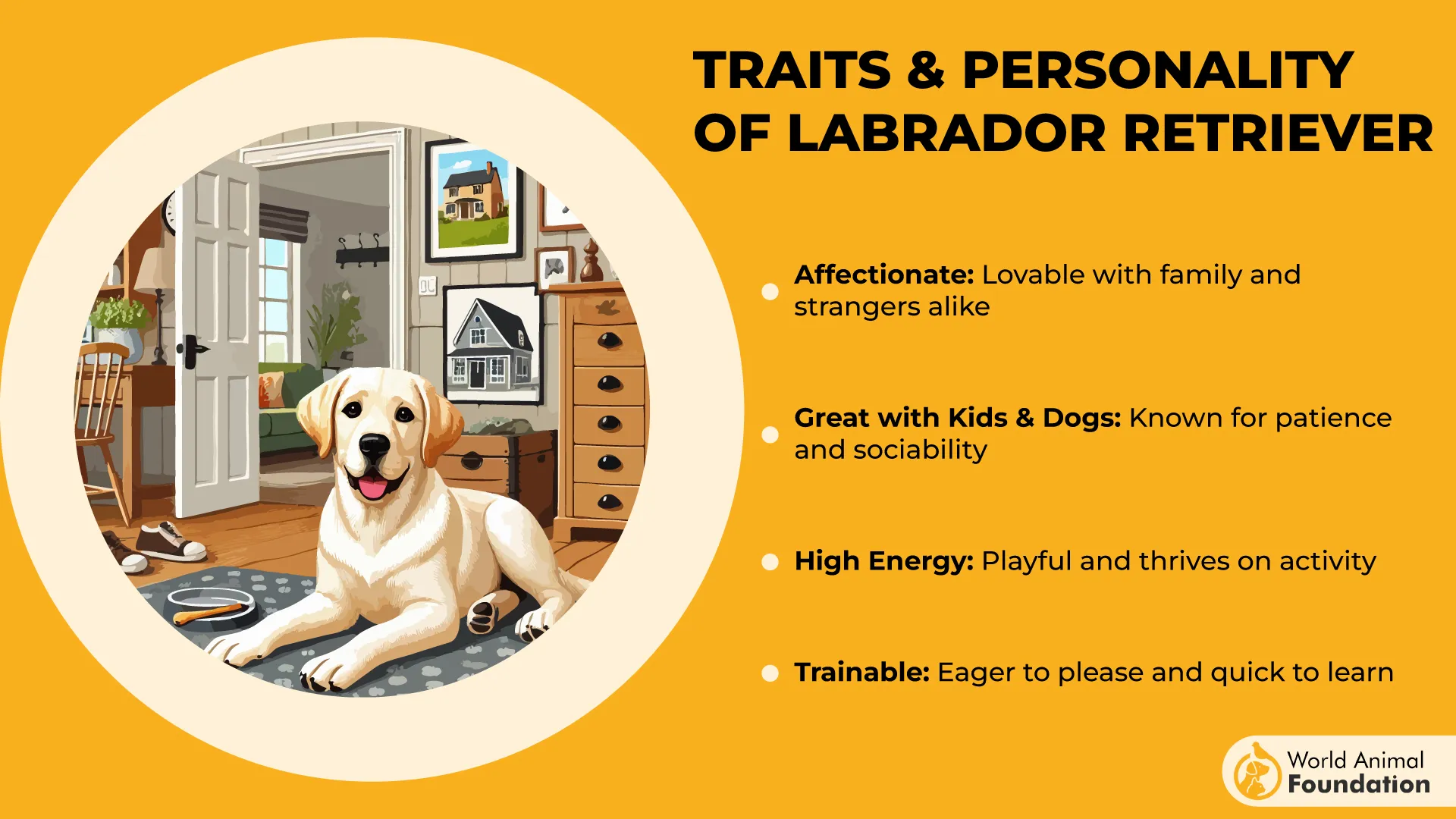
Enrolling in puppy training classes and exposing them to different people and other dogs helps prevent behavioral problems down the line. Quick intervention when issues like chewing or excessive biting arise ensures these habits don’t stick, as PetMD claims.
Family-Friendly… With a Bit of Caution
Labs are famously good-natured and tend to get along with nearly everyone. However, their enthusiasm—and powerful wagging tails—can be overwhelming for small children. Always supervise interactions between toddlers and any high-energy breed to ensure safe play for everyone involved.
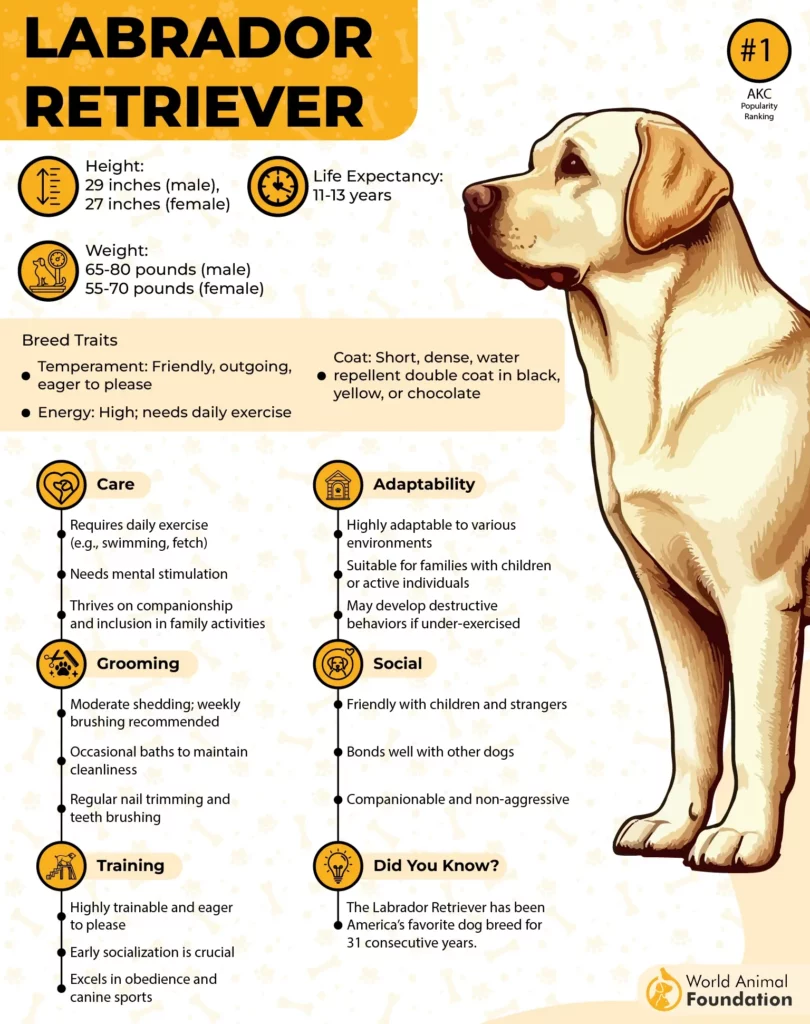
Natural-Born Service Stars
Labrador Retrievers are widely considered the gold standard when it comes to service animals. They excel as guide breeds for the visually impaired, and many are also trained to assist people with mobility challenges or veterans with PTSD.
Thanks to their loyalty and intelligence, Labs are capable of performing complex tasks and forming strong emotional bonds with their handlers.
3. Boxer
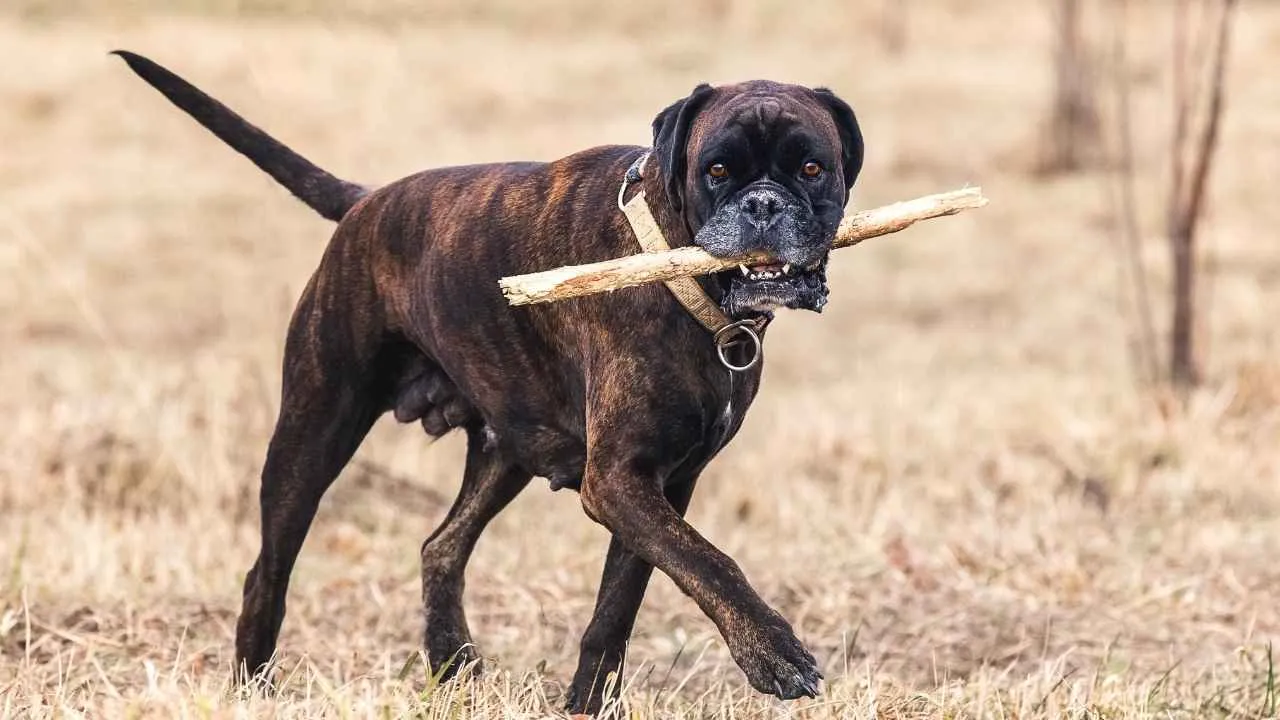
The Boxer made its way to the United States from Germany in the 1930s, where it had a background in hunting, and it shows.
These athletic, medium-to-large dogs are built for speed, stamina, and joyful leaps. Known for their goofiness and affectionate personalities, Boxers make excellent companions for families who can match their high-energy lifestyle.
Play First, Nap Later
Boxers need structure and daily exercise to keep them mentally and physically fulfilled. Long walks, interactive games, and even doggie daycare (especially for social pups who enjoy other dogs) help release their endless energy.
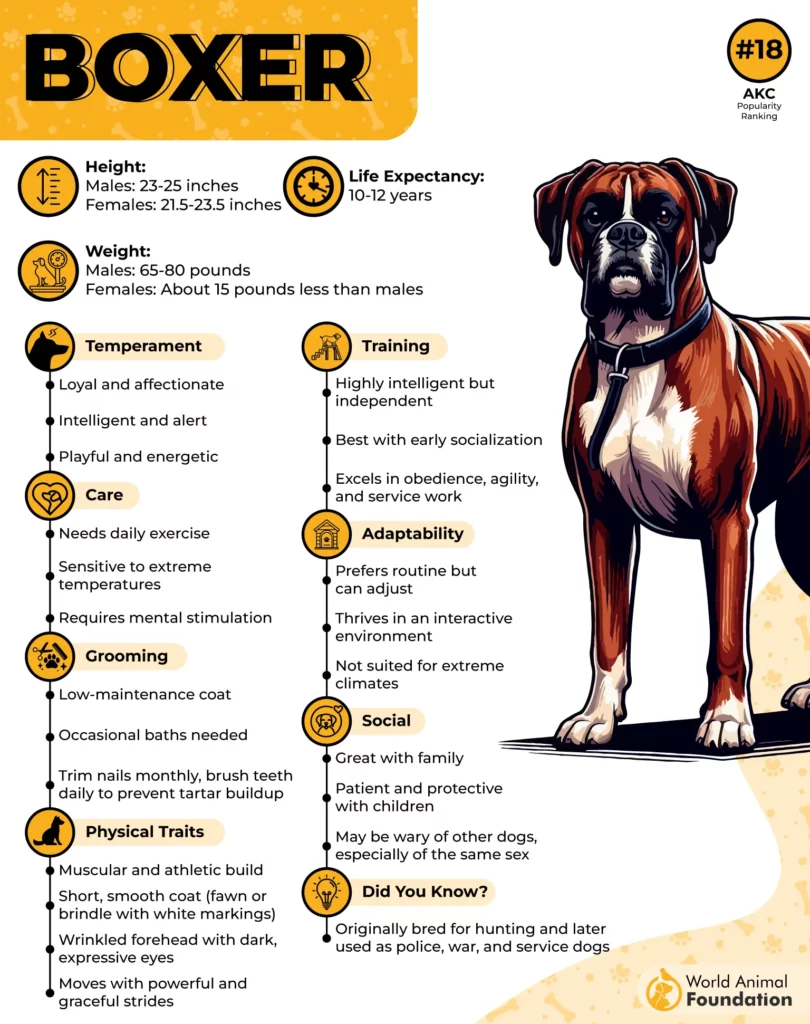
Early socialization is key to helping your Boxer grow into a confident and well-mannered adult. They thrive with consistent routines and positive reinforcement, though you may need a little patience while they catch on—they’re smart, but easily distracted by fun!
Family Favorite—with a Few Bumps
This loyal breed loves children and makes an excellent addition to active households. However, their size and enthusiasm (especially the jumping) mean training is essential, both for safety and sanity. Grooming is simple, but don’t be surprised if you end up wiping a bit of drool now and then.
Service Potential With a Side of Play
Boxers are known for their loyalty and quick learning, which makes them ideal for service work. As per the facts of AKC, many are trained to assist blind individuals or to alert someone before a seizure starts.
4. German Shepherd
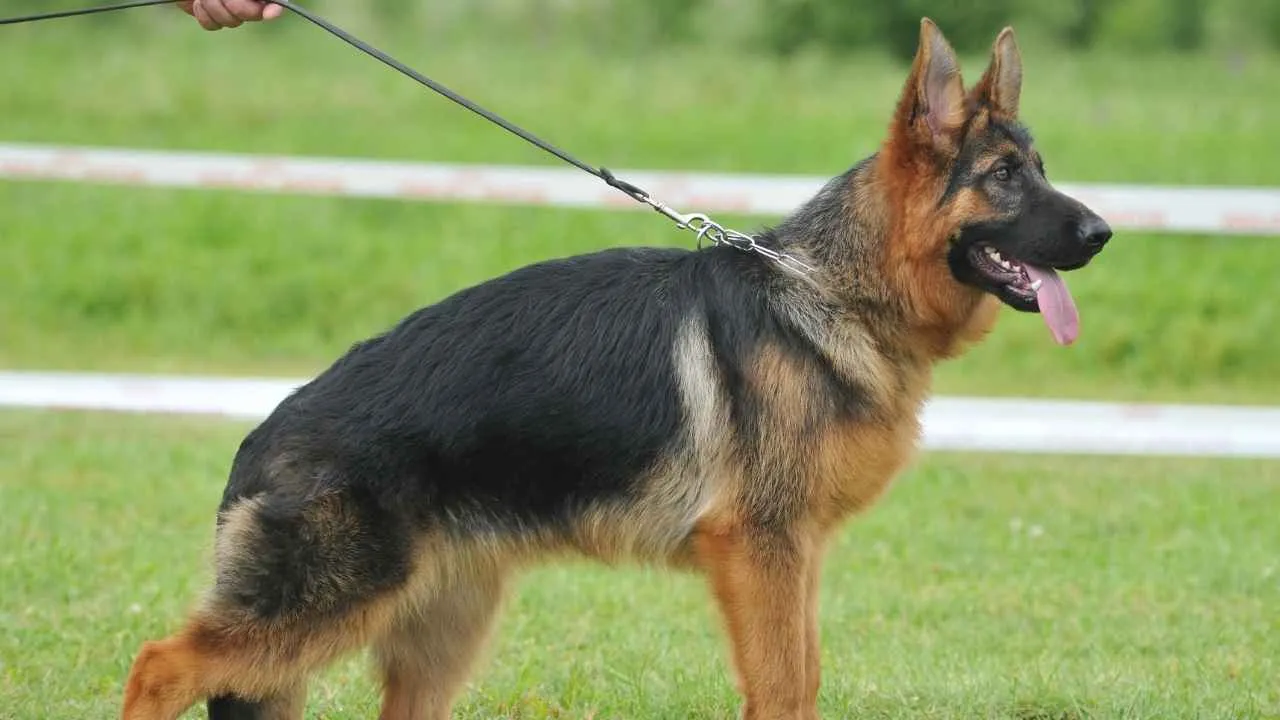
With a muscular build, sharp mind, and unmatched devotion, German Shepherd dogs are agile, intelligent, and eager to work. Their trainability and drive make them one of the most versatile breeds in the world, capable of excelling in almost any environment when given purpose and direction.
Work Hard, Play Hard
German Shepherds thrive when they have a job. Whether it’s agility training, scent work, or simply playing fetch in the yard, these dogs need at least two hours of daily exercise and regular mental stimulation.
Without it, they may turn to barking, chewing, or chasing as an outlet for pent-up energy. Early socialization can help reduce their tendency to be overly vocal.
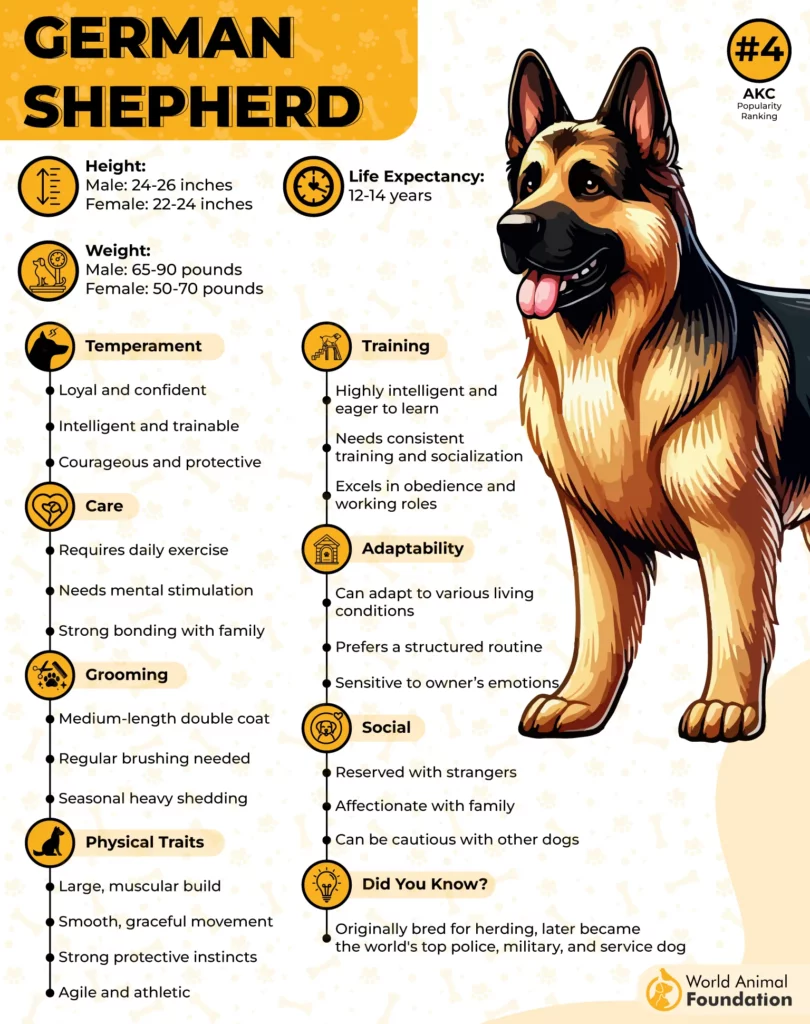
More Than Just a Companion
As AKC claims, German Shepherds aren’t just specially trained dogs for the police or military—they’ve long been a top choice for emotional support animals and guide dogs, dating back to the 1920s.
Their sensitivity and intelligence allow them to perform tasks for people with mental and emotional disorders, including guiding the visually impaired, providing psychiatric assistance, and alerting to sounds for the hearing impaired.
5. Poodle
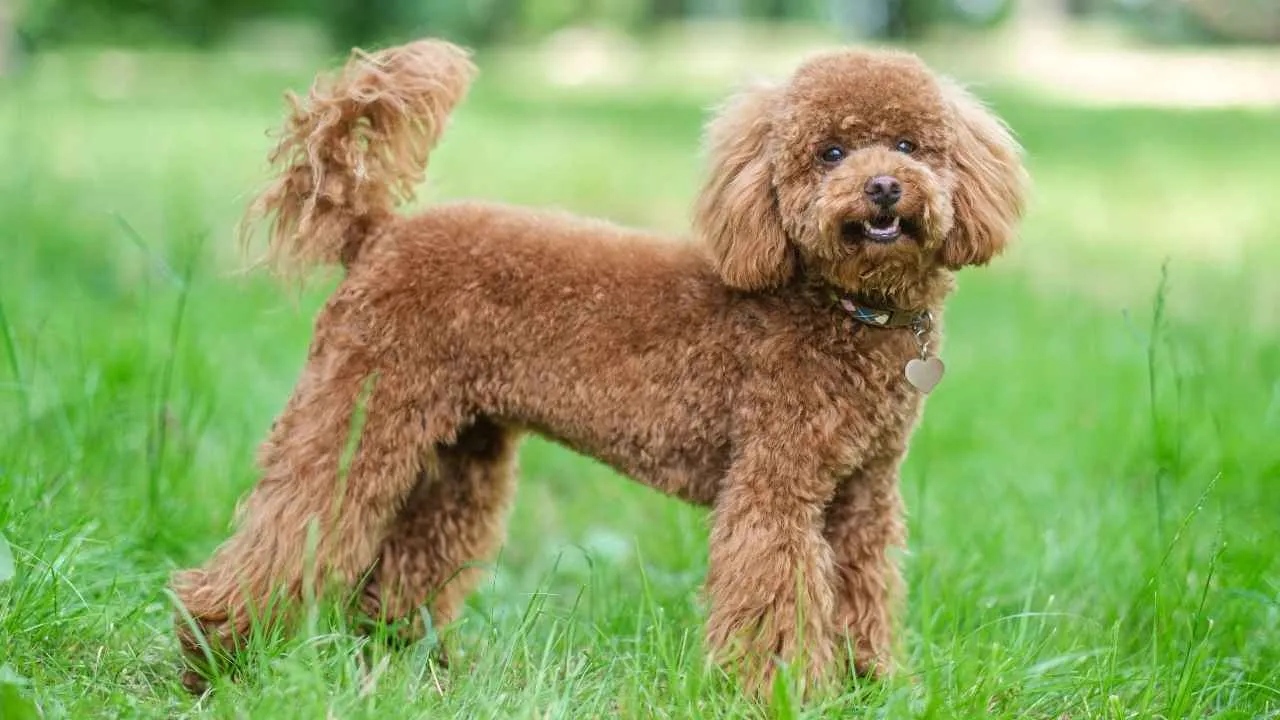
Often mistaken for being just a showy, pampered pup, the Poodle is actually one of the best dog breeds when it comes to brains, agility, and versatility.
Originally bred to retrieve waterfowl, Poodles are natural athletes with a sharp mind and a surprisingly playful spirit. Beneath the stylish curls is a working canine who’s eager to learn and eager to please.
Training the Mind and Body
Poodles are a bouncy breed and will need up to an hour of physical exercise every day. Adult Poodles typically benefit from two good walks, and introducing games as part of their routine will help exercise their minds and prevent boredom.
With proper training, Poodles are quick to learn new commands and can master complex tasks with ease. These dogs also enjoy exploring a well-fenced, secure garden where they can stretch their legs, burn off energy, and go to the bathroom.
Natural Swimmers With a Purpose
Poodles are natural swimmers—a trait tied to their origins as water retrievers. The word “Poodle” comes from the German Pudeln, which means “to splash.” Swimming remains a great low-impact exercise for aging Poodles or those managing joint issues.
It’s also one reason why Poodles can make excellent companions for individuals with physical disabilities, as water play offers a safe, enjoyable activity for both the dog and their human.
Supportive, Hypoallergenic, and Ready to Help
Poodles are also hypoallergenic, making them a popular choice for people with allergies. Their gentle nature and intelligence make them excellent candidates for roles as emotional support dogs, offering comfort and companionship to those navigating mental health challenges.
Miniature and Toy Poodles can be ideal for those who prefer smaller helpers, especially for supporting mobility, medical, or hearing needs.
6. Bernese Mountain Dog
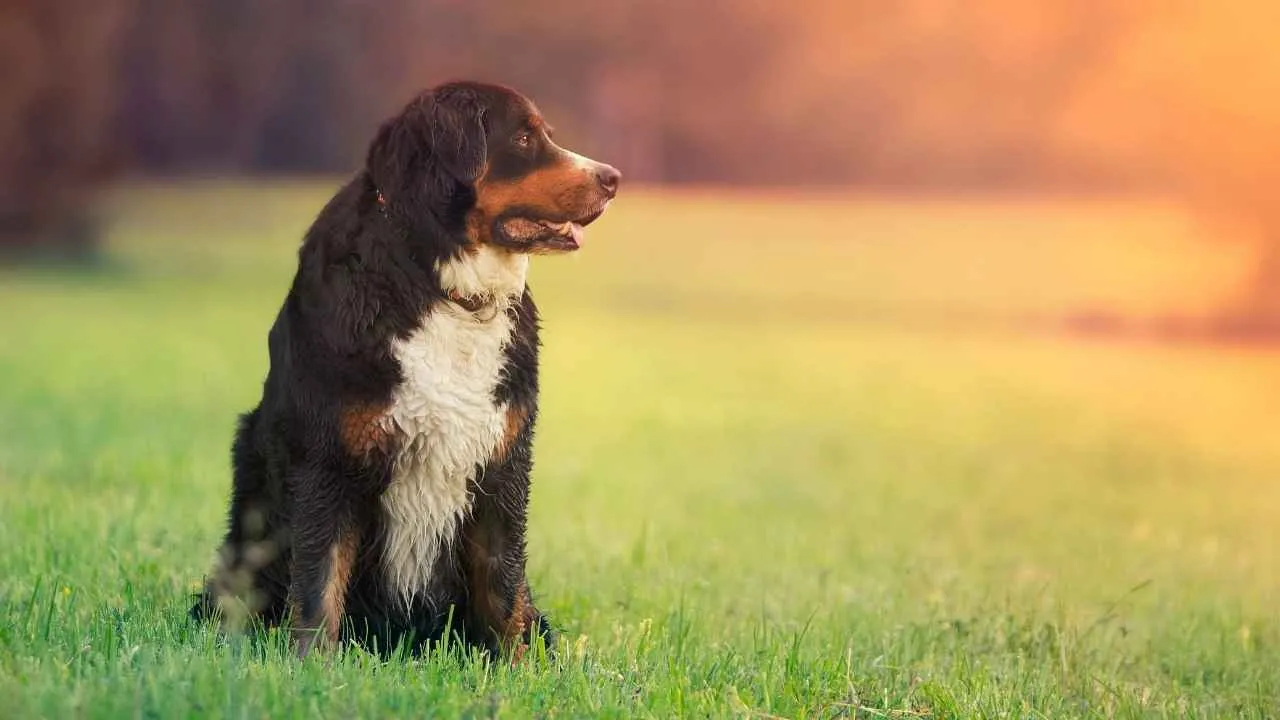
Towering at 23 to 27.5 inches tall and weighing up to 115 pounds, the Bernese Mountain Dog might look imposing at first, but don’t let the size fool you.
These dogs are famously affectionate, with a soft spot for family and a reputation for being gentle, especially around children and other pets. Their loyalty and calm temperament make them easy to love and even easier to live with.
Smart, Willing, and Easy to Train
Thanks to their natural intelligence and eagerness to please, Berners are highly trainable, especially when motivated with treats and praise.
While they may act reserved around strangers at first, early socialization helps boost their social skills, making them more confident and friendly in new settings.
Given their large size, it’s important to teach leash manners and discourage jumping from a young age.
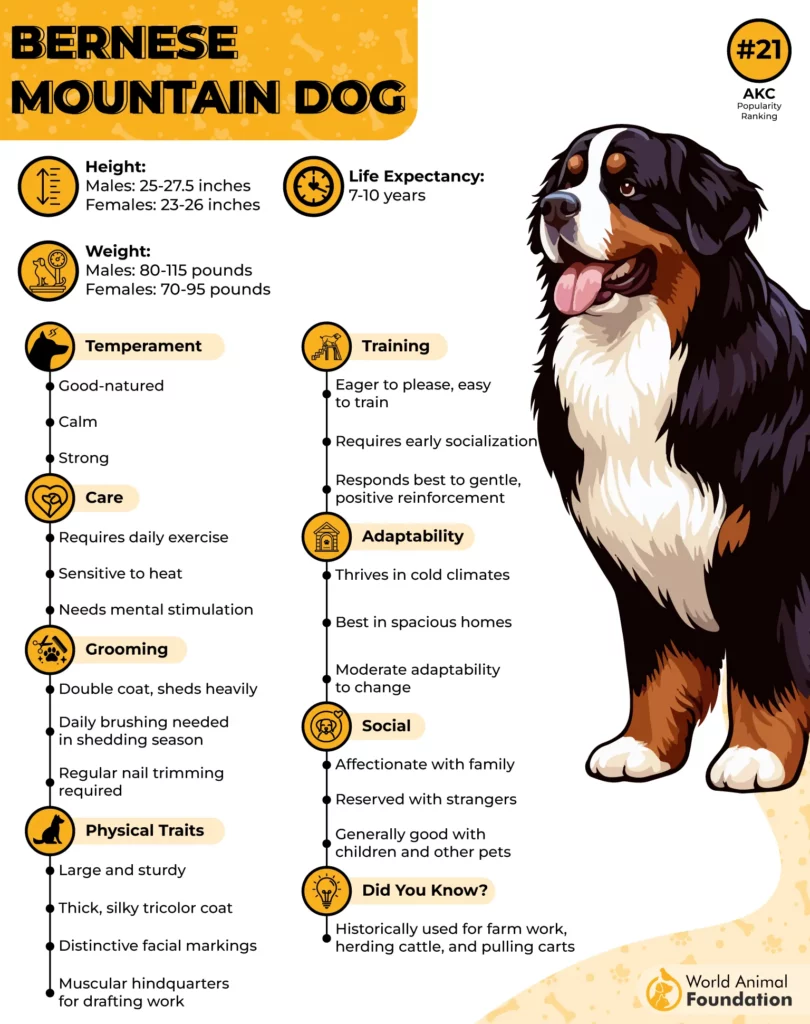
A Working Dog With Purpose
Bred for strength and stamina, Bernese Mountain Dogs are more than capable of helping with physical tasks. Their size and power make them one of the few particular breeds suited for supporting individuals with mobility challenges.
Whether it’s pulling a wheelchair or providing stability, service dogs can help in meaningful ways, and the Bernese is up to the task.
A Supportive Companion in Every Sense
When you’re looking for an assistance animal that offers both emotional comfort and physical support, the Bernese Mountain Dog is a standout. These dogs thrive on physical contact and often seek closeness with their humans, leaning in or lying by their side for reassurance.
7. Golden Retriever
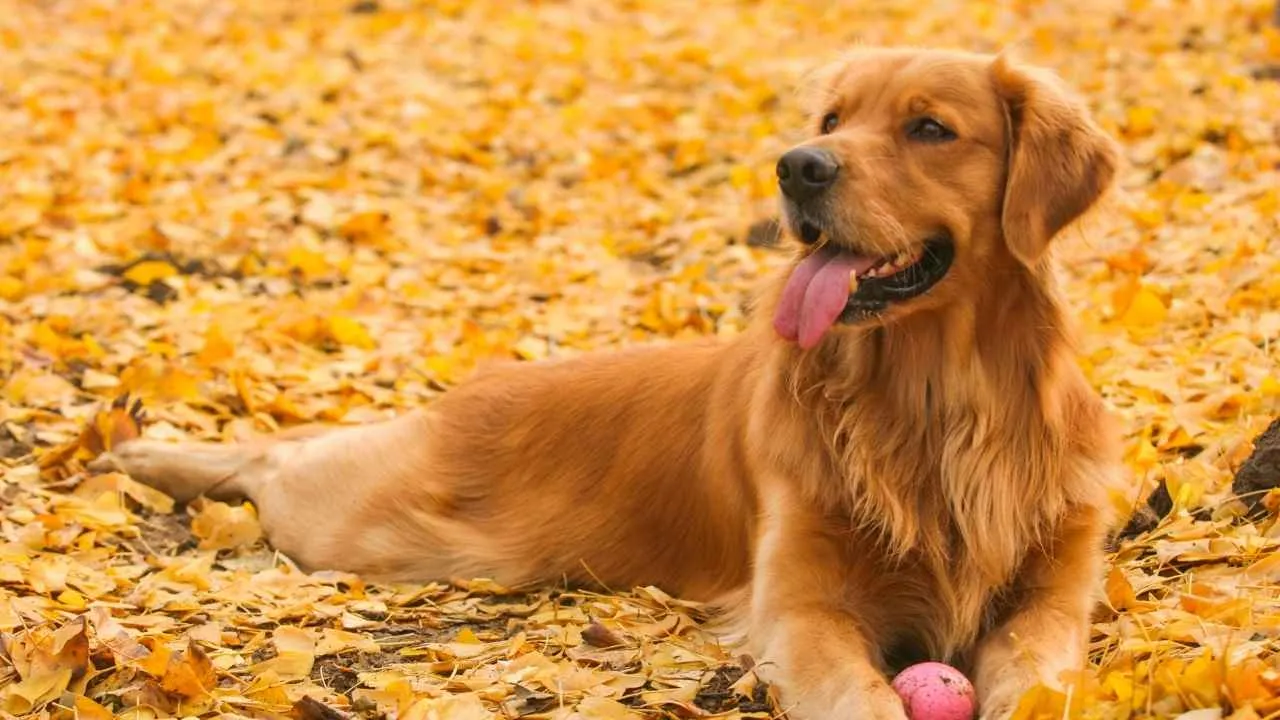
Golden Retrievers are easily recognized by their thick, shimmering coats that can vary from pale cream to deep russet. But beyond their beautiful fur lies a personality that truly defines them—these dogs are endlessly affectionate, patient, and outgoing.
Known for their friendly nature, Goldens typically get along well with children, strangers, and other animals alike. They thrive on companionship and don’t shy away from asking for a little extra love, often with a gentle nudge for more pets.
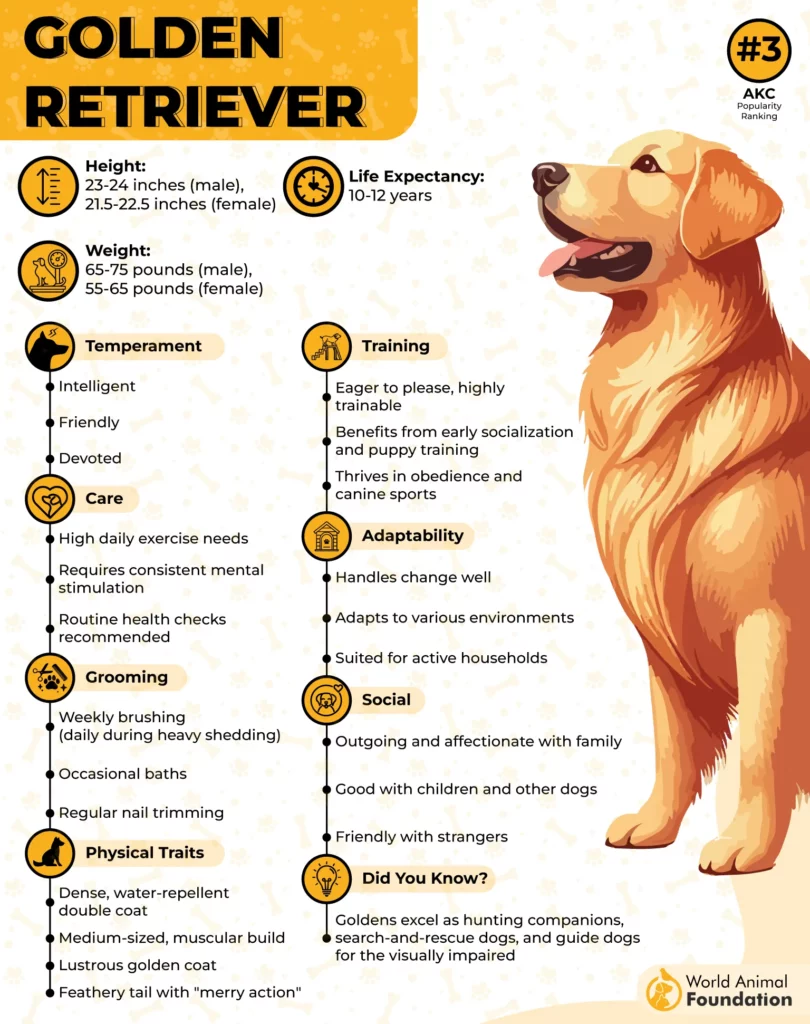
Energetic Minds and Bodies
This breed is always ready to go, whether it’s a walk in the park, a hike, or a game of fetch. Golden Retrievers require regular physical activity and mental challenges to support their overall well-being.
Without enough stimulation, they can easily get bored and may resort to less desirable behaviors like chewing or digging.
Early training and socialization are essential to help them feel secure and well-mannered in public settings. Using positive reinforcement goes a long way with these eager-to-please dogs.
Built for Helping and Healing
Golden Retrievers rank among the best breeds for service and therapy work for a reason. They’re intuitive, intelligent, and deeply bonded to their humans. With proper training, they can perform different tasks, from guiding the visually impaired to providing emotional support in hospitals or schools.
They’re often used to assist with medical conditions, and their gentle demeanor makes them ideal for environments where calm is key. Their presence can even be as comforting as weighted blankets for individuals with anxiety or sensory issues.
Conclusion
We began by noting how some disabilities strike without warning, requiring quick responses, and now you’ve met seven breeds born ready for that challenge.
From the intuitive Collie to the powerful Bernese Mountain Dog, each brings unique strengths to service work. These dogs excel at tasks like deep pressure therapy, where their natural weight provides calming comfort during moments of distress.
For people experiencing panic attacks, having a constantly alert companion can mean the difference between being caught off guard and having time to implement coping strategies. These therapy dogs prove that Dr. Burch was right—good service dogs truly do come in all shapes and sizes.
Whether you’re drawn to the gentle breed characteristics of the Golden Retriever or the sharp mind of the German Shepherd, these therapy animals share one crucial trait: unwavering dedication to their handler’s emotional well-being.


